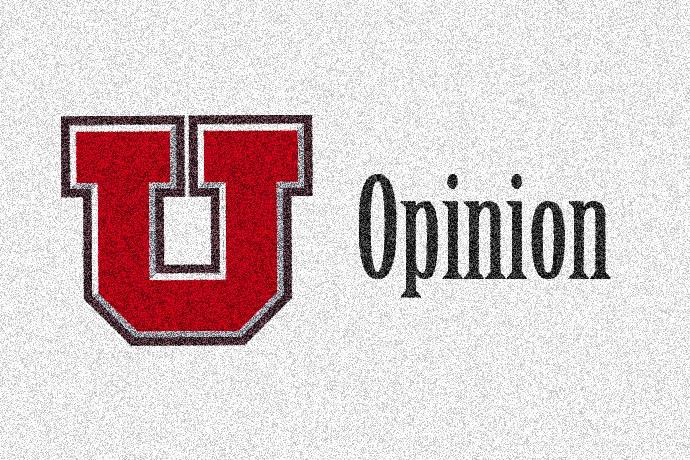I’ve been closely associated with the concept of terrorism since I was a six year old in first grade. On the morning of Sept. 11, 2001, I sat in hushed silence as America was violently attacked, and the only name the culprits held for the media to latch onto, unfortunately, was “Muslim.” News stories desperately clung to the scapegoat, approximately 1.6 billion Muslims, who were easy to hate since the Western world had not yet made an attempt to understand them. I was a child who dreaded seeing violence more than anyone else because my peers would automatically look at me with suspicion and contempt. Any man with a beard on the news was now my uncle according to classmates; my name changed from Sabiha to “Sabomber” (which, in retrospect, is actually hilarious and a very creative pun coming from a child, but back then wasn’t too charming); and I essentially became the most jaded elementary school student known to man.
Any violent attack carried out by someone who claimed to be Muslim was a reason for peers and teachers to specifically ask me how I felt about it, as if I had an explanation for the heinous actions of sick individuals. I have felt a sort of responsibility to automatically jump on the bandwagon of “But that’s not what Muslims believe!” a tired conversation that oftentimes proves fruitless in the face of rampant Islamophobia. Mainstream media shamed my entire set of beliefs, but I was extremely lucky the nefarious propaganda did not change my understanding of the true Islam.
The recent attacks in Paris caused the most bloodshed on French soil since WWII. Suicide bombers and gunmen hit six different locations and spilled the blood of more than 128 innocent individuals. The men who carried out this atrocity not only ruined the lives of every family member and friend of the victims, but created an overall environment of intense fear and distrust for millions of people. The goal of terrorists is to undermine and destroy any semblance of stability and comfort and make people fear one another so much that violence is inevitable. Terrorists only need to make big productions of their violence like was done in France. The rest of their work is left to civilians like you an me who further notions of hatred and violence by scapegoating yet another group of people. This animosity is a cycle that can only be broken by genuine commentary and discussion between individuals that fosters understanding and builds a common ground.
After horrific events like the Paris attacks, violence against Muslims increases almost instantaneously. It is a time of mourning for everyone in the world, Muslims included, but it is simply too convenient to latch on to the anti-Muslim bigotry and dehumanize an entire group of people for the actions of very few. I would urge anyone who has doubts or fears about Islam to visit one of our places of worship, a mosque, and start a genuine dialogue. There is absolutely no lack of resources when it comes to learning about what Islam actually advocates, which is peace and acceptance, just like any other major creed. There is a reason Islam is the fastest-growing religion in the world, expected to increase by 73 percent in the coming decades; it has nothing to do with lies concerning a message of hate not found in the Quran or in the homes and hearts of billions of Muslims.
As a Western Muslim, I became accustomed to apologizing for my faith and being constantly bombarded with claims that my God condoned and encouraged violence. If there was any ounce of truth in those claims, I would have undoubtedly encountered it throughout my journey comprehending this belief system parallel to constant and flagrant Islamophobia. The recent Twitter hashtag #Terrorismhasnoreligion brings up various Muslims apologizing for the Paris attacks, all because the terrorists claimed Islam as their origin point. I will not apologize for criminal activity of sadistic men halfway across the world who I am expected to associate with, but I will pray for Paris — for its safety, its growth and its more than certain overcoming of the recent attacks.


